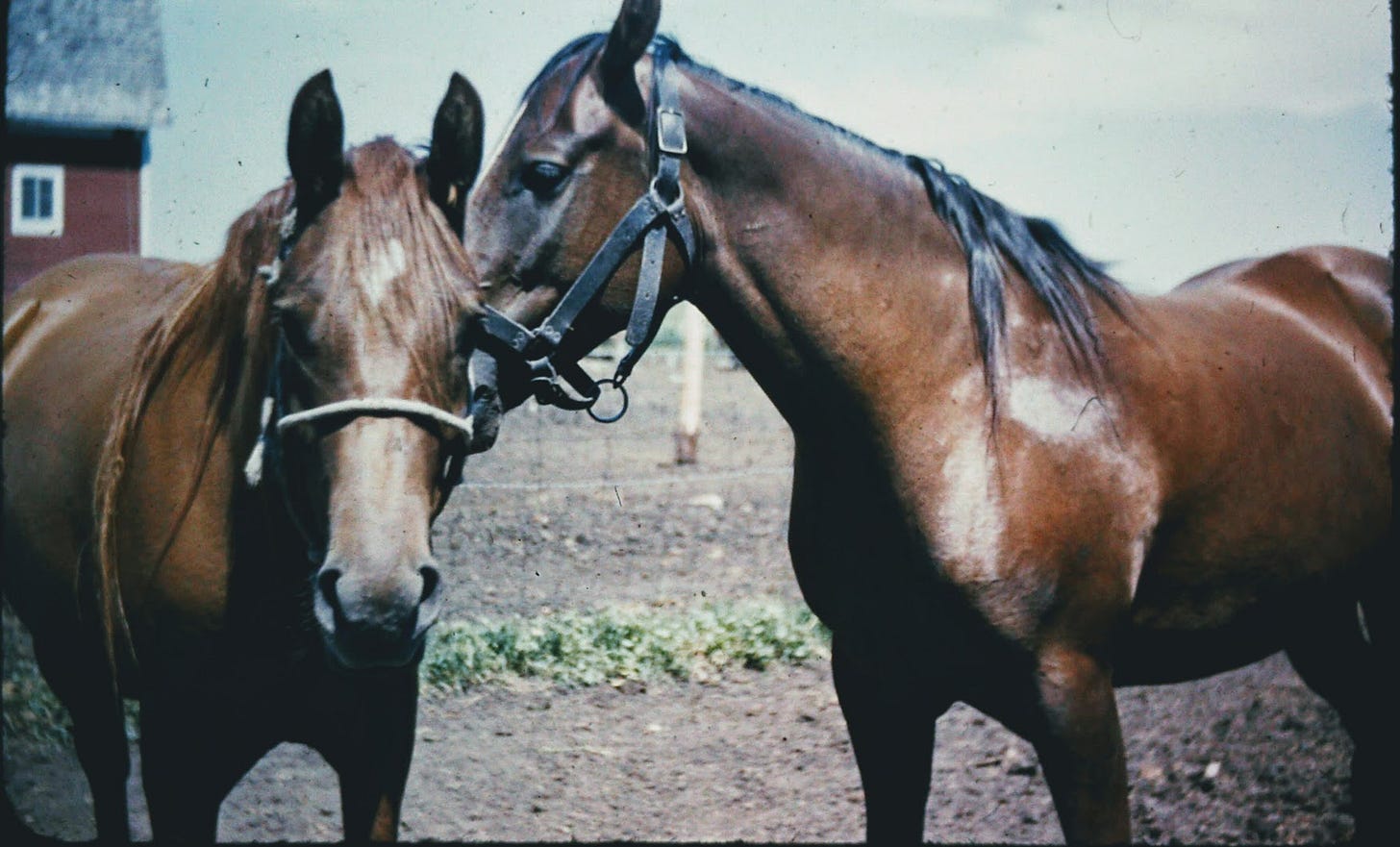Blessed are the peacemakers, for they shall carry on interesting conversations.
How to be a good conversationalist, which is not the same as being a talker.
Grandpa often started conversations with us by asking if we wanted to fight.
He was way ahead of his time, though politely so, since we no longer ask if someone wants to fight right out of the gate, but assume it. Foolishly dive into social media comments if you don’t believe me.
Actions speak louder than words, I guess, but there’s a good reason the Bible basically says your tongue is a weapon that’s incredibly difficult to control.
Let me lay out some theories first.
Good conversation can be an act of peacemaking among divided people.
Arguing is not conversation, though depending upon the people involved, debate might be.
Being a talker is not the same as being a conversationalist.
Conversation is an art form, and if it doesn’t come naturally, you’ll have to practice.
Your input feeds your conversational output.
Everyone else’s voice is more important than your own, no matter your intersectional category or societal status.
Being genuinely interested in another person’s life is an act of love.
Listening is a form of ministry.
Dale Carnegie’s How To Win Friends And Influence People is a grand guide. If you’ve caught me trolling on social media, you’ll see no evidence I’ve read the book. Nevertheless, some of this dovetails with what you’ll find in Carnegie’s book.
In some ways, at least when it comes to family, my immediate family is in agreement on the contentious things of today. We can freely talk and enjoy each other’s company, wandering happily from remember-when’s into the hot topics and back again, all without war.
But not everyone is so fortunate, so either we will stick knives in backs, remain silent unless our immediate audience is fully litmus tested, or we will learn to be better conversationalists.
The Epoch Times, my current favorite newspaper, had several articles on this topic in the past year. The most recent was pulled from a manual on manners from the 1880s and it might as well have detailed gardening on the moon. Yet clearly, they see the same problem at hand, and it’s that we don’t know how to talk to each other.
“Be an icebreaker, not an icemaker,” one article suggests, while another urges the reader on how to revive the “art of conversation.” They even inform the reader that there’s value in being a “master at small talk.”
What you say to others—your conversation—plays a role in whether you spread peace or division. If you can’t talk to people without conflict, you grow apart. Conversation is connection.
It’s no flippant thing that the Christian faith is fixated on the Word of God. Jesus is the Word. God spoke all creation into existence, through His Word. We are to read God’s Word. Faith comes by hearing, and hearing by the Word of God.
Conversation is words. God made us in a way that requires words.
With that in mind, here are the thoughts I’m working through in how being a peacemaker—especially among the people you love—comes partly through being a good conversationalist.


